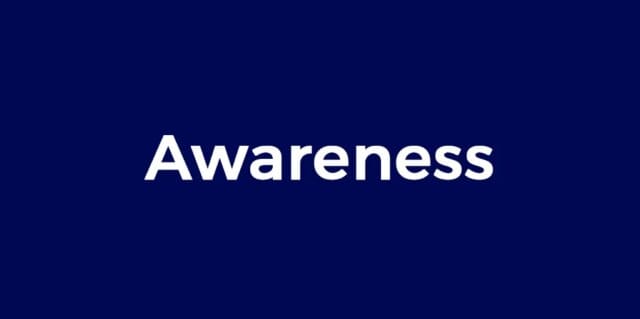Srinagar, Oct 29: A one-day awareness-cum-interaction program was successfully organised in the tribal village of Anderwan, Tehsil Kangan, located in Ganderbal district, under the DST-SEED funded project titled “Inclusion of Indigenous Survival Skills in Livelihood Security of Tribal Community in Kashmir, India.”
The village has a total population of 3,096, out of which 1062 belongs to the Scheduled Tribe (ST) community. Income sources include agricultural and horticultural produce, especially Maize, Walnuts and Apples, though with limited market outreach, said a press release.
“The program aimed to map traditional livelihood practices and survival strategies of the tribal population while exploring ways to integrate these indigenous skills into sustainable development frameworks. The core objective of the visit was to document and analyze indigenous survival strategies and identify pathways for empowerment. By aligning traditional wisdom with modern livelihood opportunities, the program seeks to strengthen economic security, preserve cultural heritage, and maintain ecological balance,” it said.
The program was conducted by the Institute of Business and Policy Research (IBPR), SKUAST-Kashmir, under the leadership of Dr. Omar Fayaz Khan, Principal Investigator of the project. Recognising the immense potential for income enhancement, the visiting team of project staff and students encouraged the community to form collective units for activities related to medicinal and aromatic plants (MAPs) and other agricultural based livelihoods.During the program, scientists and project fellows engaged with local residents through an interactive session held at Anderwan, Ganderbal, to assess their current socio-economic conditions. Mr Maqbool (Forester), played a pivotal role in coordinating local participation and logistics.
The session concluded with enthusiastic participation from community members, who expressed keen interest in forming cooperative groups and collaborating for a better economic future. The project team assured continued follow-up and technical support to help formalize and nurture these tribal collectives, ensuring sustainable development rooted in cultural identity and natural resource conservation.








